Atlanta’s de Boer: I Want to Dominate & Create
Speaking to usopencup.com, Atlanta United boss Frank de Boer discusses a busy stretch in the season, the upcoming U.S. Open Cup Semifinal with Orlando and his hope for another trophy in 2019.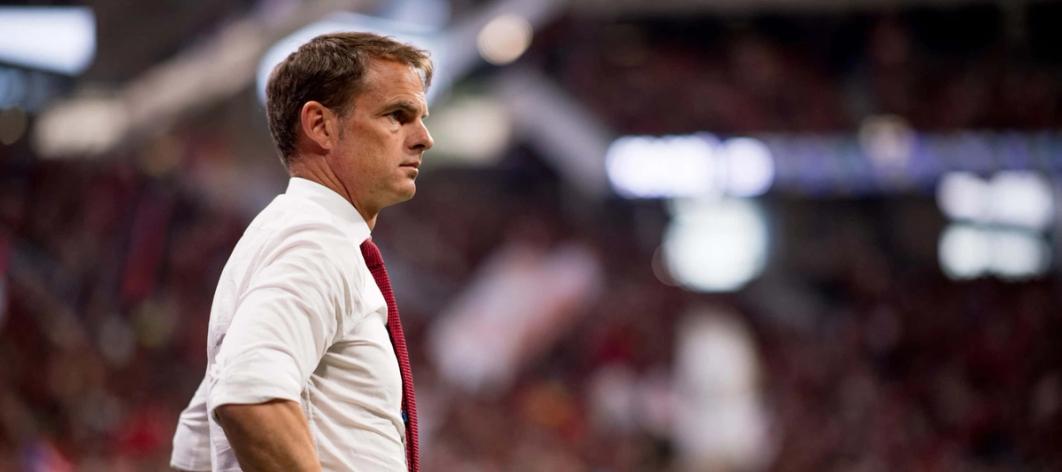
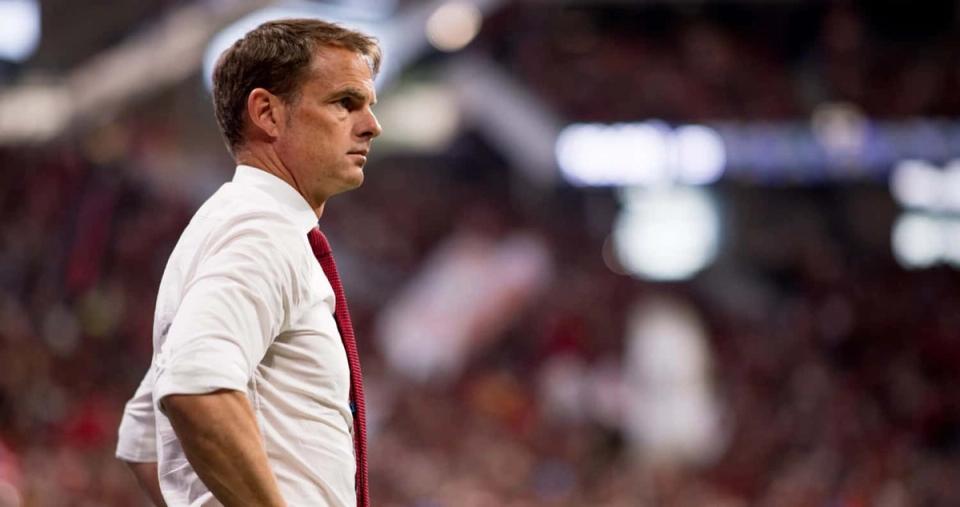


Dutchman Frank de Boer was always going to be measured against the wildly successful Tata Martino when he took over at the 2018 MLS champions Atlanta United. In an exclusive and wide-ranging interview, the former Barcelona and Ajax man talked to usopencup.com about his side’s run to the 2019 Lamar Hunt U.S. Open Cup Last Four, his desire to claim another trophy in the club’s second year, the ups and downs of coaching and the challenges of managing players, minutes and expectations in a busy stretch of the year.
usopencup.com: A place in the Semifinals is evidence of a good run. Is that how you see Atlanta United’s run so far in the 2019 U.S. Open Cup?
Frank de Boer: We’ve had a tricky road. We played two USL [Division II] teams [Charleston Battery, Saint Louis FC] and that’s never easy because it’s the most important game of the year for these teams a lot of the time. And things are complicated at this time of the year for us because we have a very busy schedule. We had to use a lot of squad rotation in the beginning of the tournament, but still take the Cup very seriously because you owe that to the competition. I saw the early rounds as a good chance to give younger players some minutes.
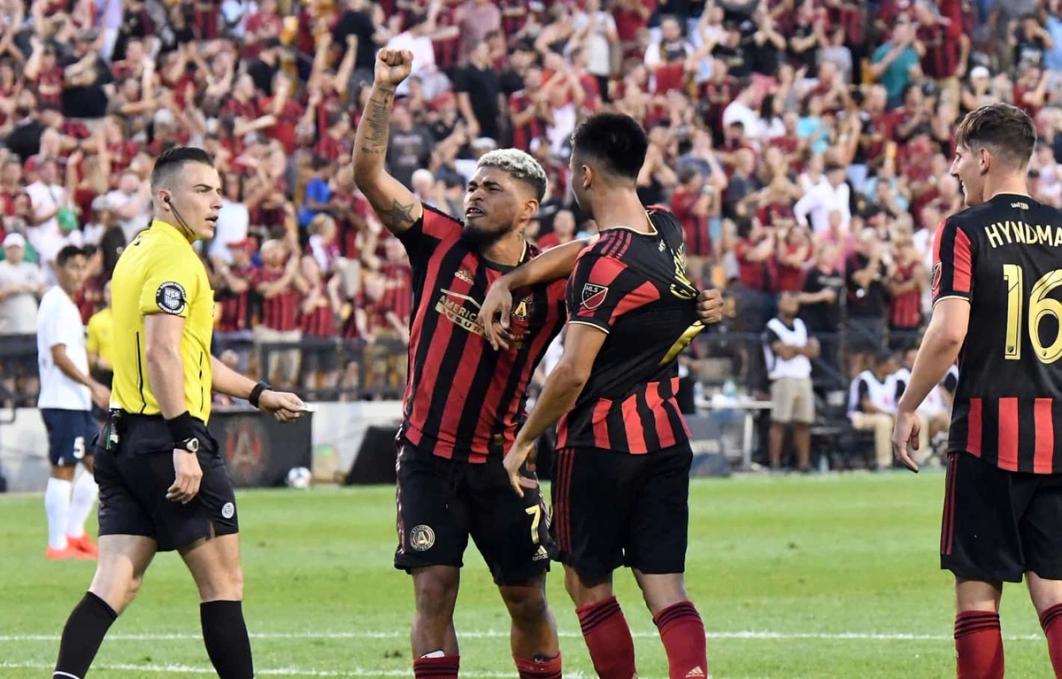
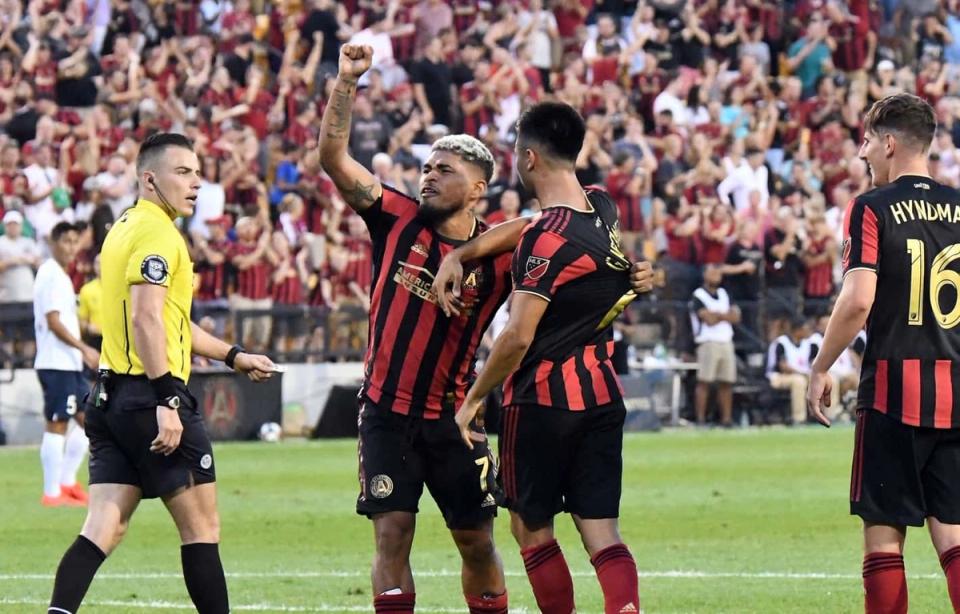
FdB: You don’t always play your best soccer in the early stages of a domestic Cup. Maybe the performances aren’t perfect – they weren’t for us in the first games. But it’s the result that matters and we managed to get them. We did what we had to do and got the wins to move on. That’s the secret of any Cup.
Speaking of challenges, you and your team travelled to South Carolina for your first Open Cup game only to find out the field was unplayable. Then you had to turn back, go home and play the game against the Charleston Battery in Kennesaw, GA the next day. How much of a disruption is a hiccup like that?
FdB: It was a very difficult situation because you never know how the players will react or adapt. They arrive to the game focused and ready to play. They are there and the tension of it is still there and it’s inside them. It’s always difficult to run that off, turn around and then play the game the next day. I have faith in the players and it was important to see how they would react. In the end, the intensity was good in the match. The performance could have been better, but the result was there [3-1 in extra-time after going down 0-1 early in the game].
.@SaintLouisFC's wonderful underdog run has come to an end as the @USLChampionship side lose out 2-0 to @MLS champs @ATLUTD, who move through to their first-ever Open Cup Semifinal. #USOC2019 | 📺 Highlights pic.twitter.com/zISVTM0t1Y
— U.S. Open Cup (@opencup) July 11, 2019
Brandon Vazquez is a player who doesn’t always get a run in the side, positioned as he is as deputy to 2018 MLS MVP Josef Martinez. He scored four goals in two games in the early stages of the 2019 Cup. How important is it for a young player like that to step up?
FdB: It was a great opportunity for him and for us as a team. It was a chance for him to play a full game with real pressure and with something big at stake. It’s great for a coach to see how a player will react – especially as he’d just come back from an injury. He scored five goals [four in the Cup and one in the league] and that’s great for him. But more importantly it’s great for the club. Now we know we have an option – a strong option – behind Josef [Martinez].
Just one game from a Final, the time for experiments and chances for young players may be over. How do you approach the Cup now, ahead of a Semifinal with Orlando City?
FdB: In the Semifinal we have to make priorities. This is a really busy and important time of the year for us. We play on Saturday [LA Galaxy] in the league and then on Tuesday in the Cup. That is quite fast of course. It’s on us to focus on what team we can put out that is best suited to play against LA and what team is best suited to play in the Cup against Orlando. My staff and I will have to focus hard on what that will look like in a very tough period of the season.
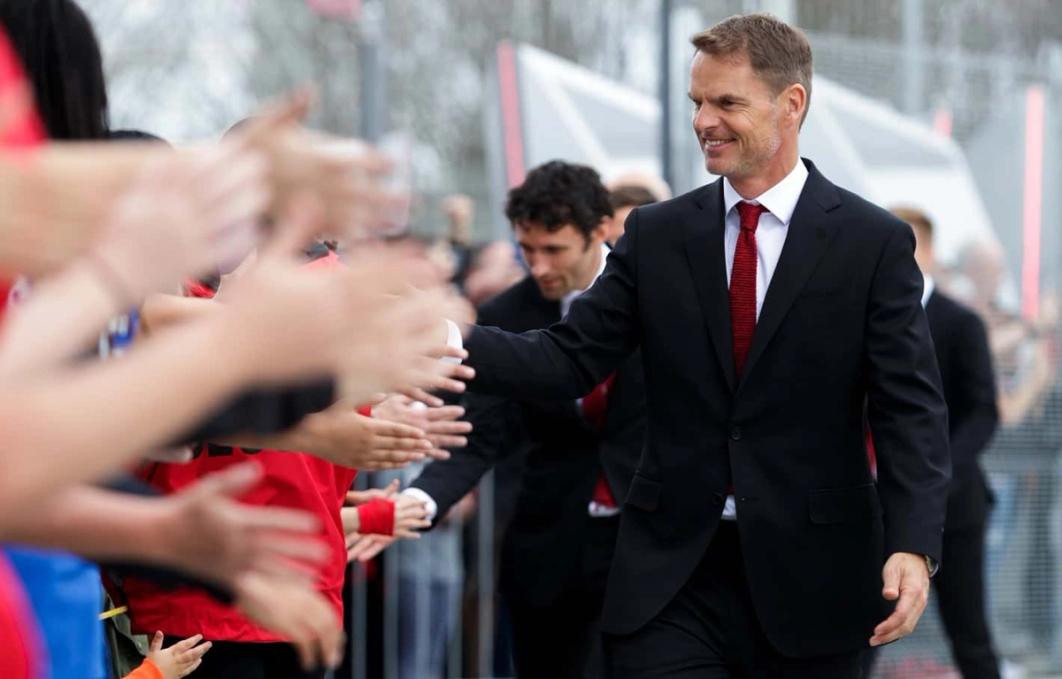
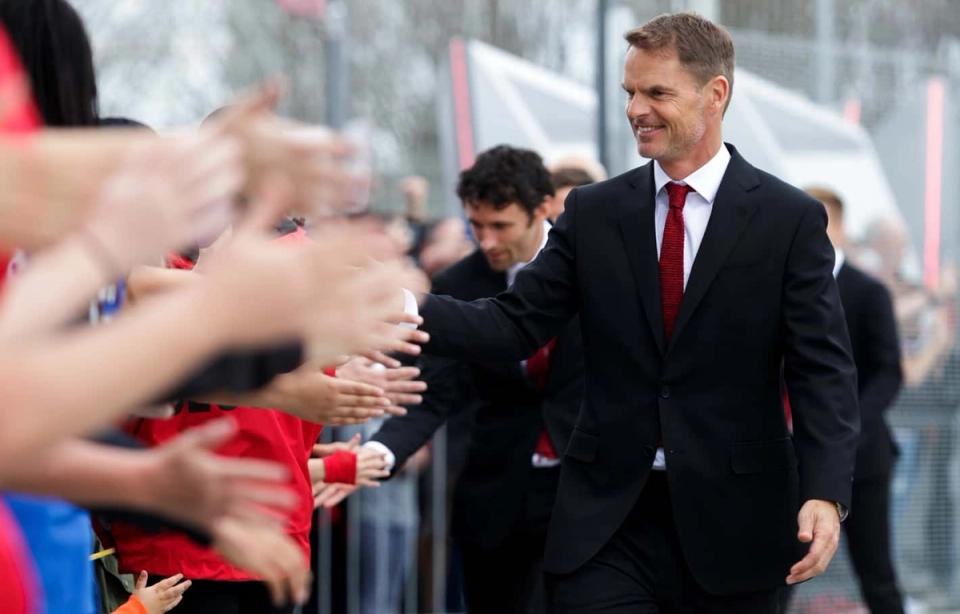
How difficult is it to manage squads, training, injuries etc., in this busy stretch of 2019?
FdB: Very. This is the last week when we will have a normal full training schedule – after this we have a game pretty much every three or four days. We need to make sure we get everything right because we don’t want to focus too hard on the Cup and then lose something in the league. It’s a balance and you have to make sure you get it right.
All of that aside, you’re one game from playing in another Final for another trophy. It must be impossible not to think about that even in the abstract…
FdB: It’s impossible not to think about winning a trophy and we are going full for the Open Cup. Our focus is very serious on this tournament. We are still a very young club and we don’t have that much history. In that history, we have an MLS title and to play in another Final this year would be great for this club. We are eager to win prizes and the U.S. Open Cup is one we can win this year.
Not to mention that a win over Orlando City in the Semifinal would set up a Final at home in Atlanta.
FdB: Playing a Final at home is a special thing. You have to consider it. To play for a trophy with these supporters behind us, that would be a great thing to give to these fans and they can give the players that extra feeling they need on the field. They both had that feeling last year [when Atlanta beat Portland Timbers to lift MLS Cup] and we’d like to bring that feeling back again with the Open Cup [Editor’s note: All of Atlanta United’s home games in the 2019 tournament so far have been played at Kennesaw’s Fifth Third Bank Stadium].
That's game! 👏@ColumbusCrewSC battled hard against @ATLUTD but came up short 3-2. @ATLUTD will move on to the Quarterfinals!#USOC2019 | 📺 Highlights pic.twitter.com/tgfTsBJ0qB
— U.S. Open Cup (@opencup) June 19, 2019
How important is to have guys like captain Michael Parkhurst and Jeff Larentowicz – players with experience and veteran status – in the locker-room at this crucial stage of the Cup?
FdB: Having guys like this is very important for the locker-room. Off the field too, it’s a big deal to have these types of players. They have all that experience and they’ve done big things before – they definitely don’t panic. Guys like that are helpful, especially in the big games. The playoff games and the later Cup games. It’s crucial. When you need them, they will be there for you. And that’s something you can count on.
Did you always know you wanted to be a coach? Was it in the back of your mind during your playing days?
FdB: When I was around 25 I said I would never be a coach [laughs]. Then when I was 28, I started to think a little more about it and by the time I was 34 or 35 and your playing career is coming to an end, you suddenly run into the reality of it.
There have been ups and downs in your coaching career so far – from Ajax to England and now here in MLS. How do you find the job in general terms?
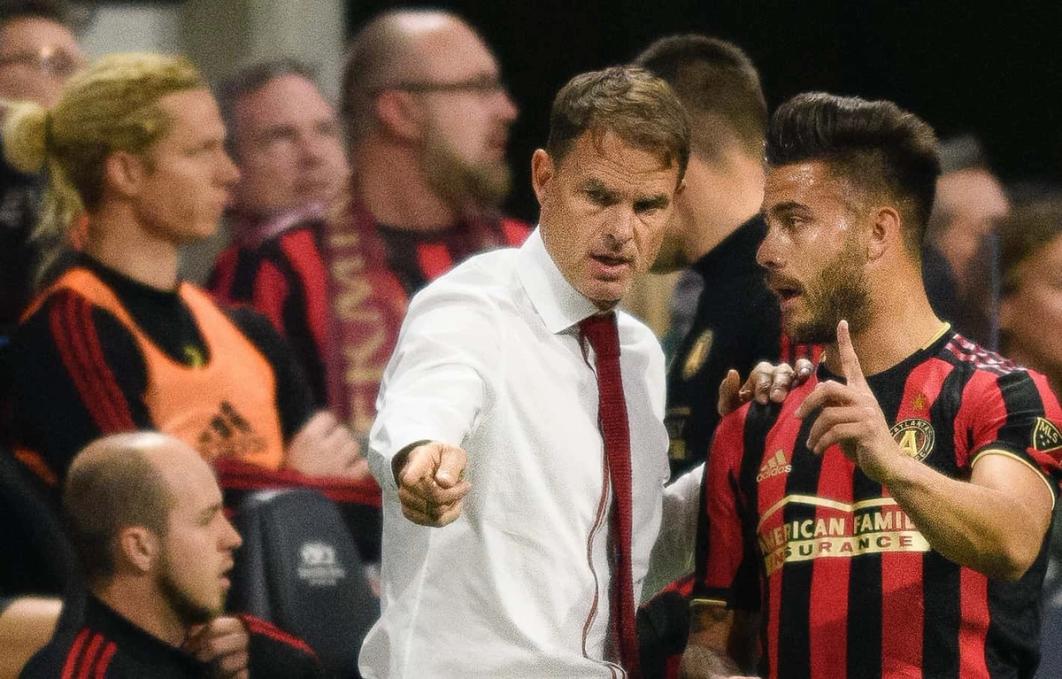
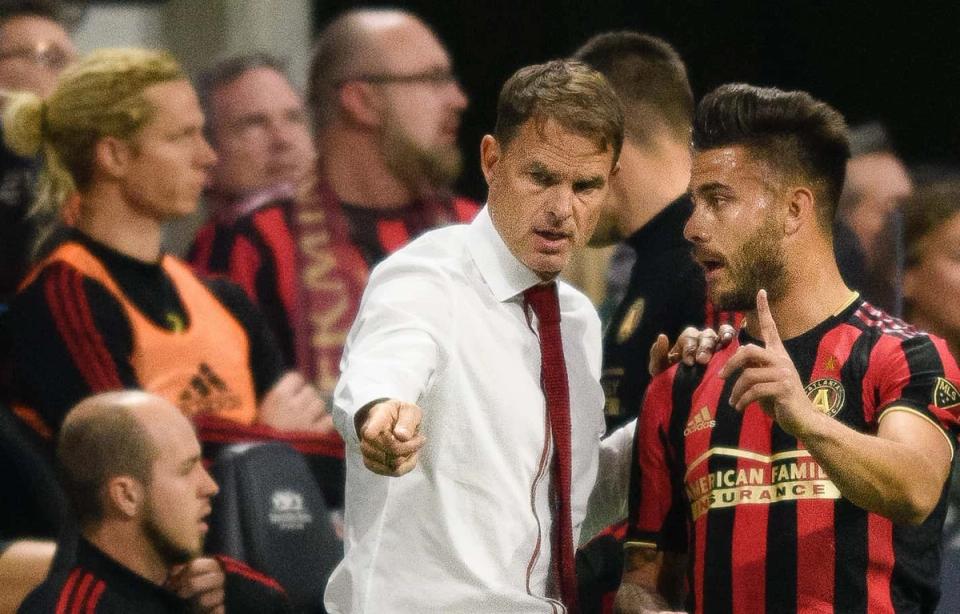
It’s never easy coming into a club to replace a coach who’s had great success and enjoyed great admiration. You’re in that position now. How do you keep what’s working but also make your own mark on a team?
FdB: Coming in after last year [Atlanta United were 2018 MLS champions under Tata Martino – who left to take over the Mexico National Team] you have to adapt and ask players to adapt. Both have to come to useful compromises. Slowly, you integrate your own ideas and sometimes you have to take two steps back to make one step forward. It’s not always easy when you’re new and the players might be used to a different style, especially when they had success before you. Eventually you hope to convince them that your way is the right way.
You played under some legends –Leo Beenhakker, Guus Hiddink, Louis van Gaal and others – do you have one coach you look to most for inspiration or guidance?
FdB: I try to take a little of the best stuff from every coach I had. I like certain qualities that certain coaches had – from Beenhakker to Van Gaal. All of my coaches had a big influence on me and were a big part of my own development as a coach now. Hiddink and [Frank] Rijkaard too – it’s impossible to single one out. They all have their own special qualities to consider.
Coming from Europe, how prepared were you for the distances you need to travel in a country as big as the U.S.? Also, how disruptive is the heat here in a league and Cup played through the summer months?
FdB: I knew that heat from when I played here in the World Cup in 1994. As a player, it’s something you really need to adapt to. It’s also major impact on the body – it’s an attack on the body every time you board a plane. And we don’t travel like other sports do here in America – we’re not on charter flights – and that can add hours sitting around airports with delays. It all adds up on a player. In Europe the maximum is maybe three hours if you’re in the champions league or if you’re going from Barcelona to Tenerife it can be long. It’s a big difference playing here in the States, but at least all the teams have the same problem.
.@Chas_Battery gave them a scare, but @ATLUTD pulled clear in extra-time to put the finishing touches on a 3-1 win that sees them through to the Round of 16 & a date with fellow @MLS side @ColumbusCrewSC.#USOC2019 | 📺 Highlights pic.twitter.com/nLO7YnXlpt
— U.S. Open Cup (@opencup) June 14, 2019
Speaking of your playing days with Barcelona, Ajax and the Dutch National Team – where you were capped 112 times – what would you say are the major changes in the game since you retired in 2006?
FdB: Every eight or ten years you see the game change in big ways. It was counter-to-counter and then it was the possession game. And now it’s possession and playing from the back and there are demands on everyone to be good with their feet – even the center backs and the goalkeepers. You have to be comfortable on the ball. Even in Italy you see it, where it was so conservative for so long. You are seeing these changes everywhere. When I watched Atletico [Madrid] beat Real Madrid the other day [7-3 in the International Champions Cup] it was really fun to watch and it felt like something new was happening again. I was in shock at how they played with the ball, coming out of their own penalty area with those triangles. The pressure is high up the field now, so the demand is to play through it. To play between the lines. This is a fresh way today.
Would you say you have a defined philosophy of the game or a favored formation?
FdB: I don’t have much of a defined philosophy or formation. I want to always try to dominate the game. The formation can change, but I’m happy if we’re out there trying to dominate and create.
What do you expect from the Open Cup Semifinal with Orlando on Tuesday, August 6 [live on ESPN+]? They are regional rivals and likely to be pushing hard to reach a first Final in club history.
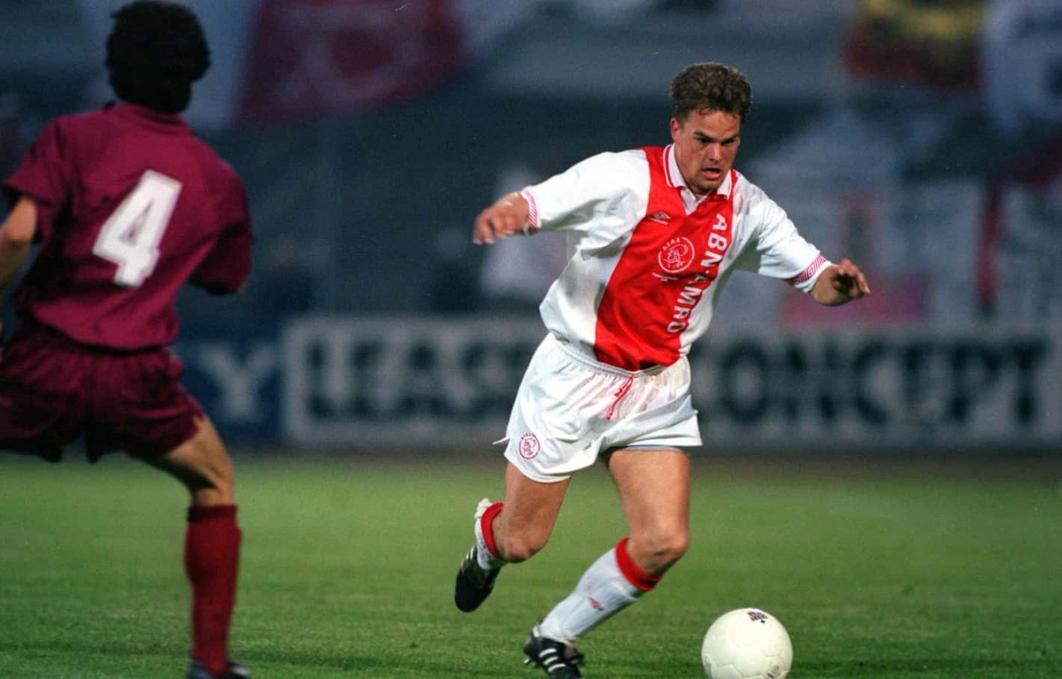
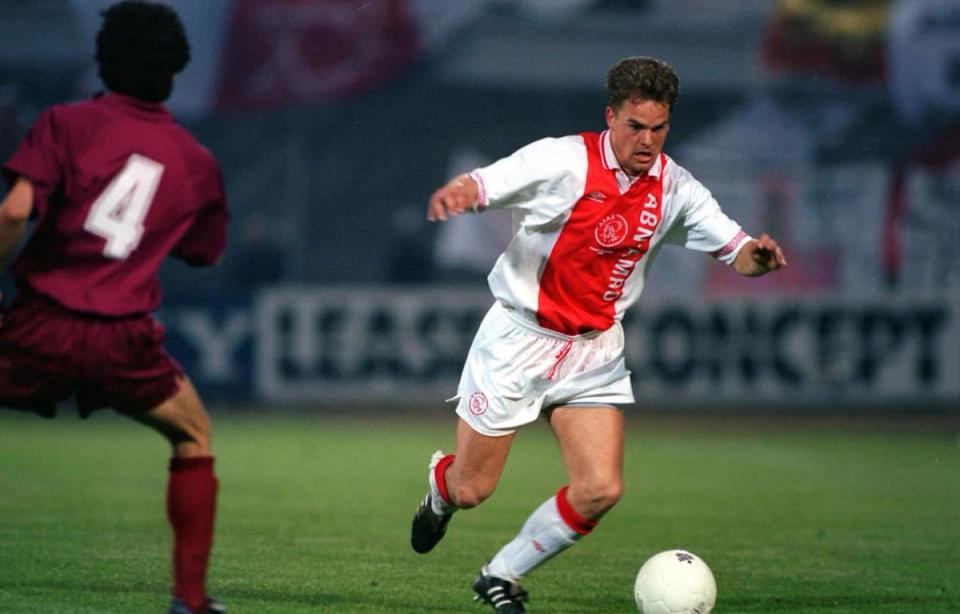
What is it about Cup games that they seem to have a different kind of energy? Are they somehow more intense?
FdB: The energy is different in every Cup game – anywhere in the world. It’s simple: You can’t repair it if you lose. If you lose in the league, OK, you can repair it down the road the next game or the game after that. In the Cup, you lose and it’s all over. There’s no tomorrow.
Do you have any special – or memorable – Cup moments from your 12 or so years as a coach?
FdB: I have two losses in a Cup Final as a coach. You don’t forget those. In 2011 with Ajax [his first year in the post at his old club] we had a Final against FC Twente. Four days later we had to play them in the last game of the season and they were up a point on us in the league. It was like having two Finals against the same team in four days. Twente were favorites in both games because they just played the best that year. We took them 1-1 to extra-time in the KNVB Cup Final, but we ended up losing [3-2]. But I used that loss to motivate my team for the final league game – they took confidence from it for how we played. It was important inspiration because we hadn’t won a title in seven years. We ended up winning the league with a [3-1] victory on that day.
Two years later was the other one. Again it was at the Amsterdam Arena and against PEC Zwolle. We scored early – a few minutes in – and things were looking good. And then we lost 6-1. It didn’t end well.
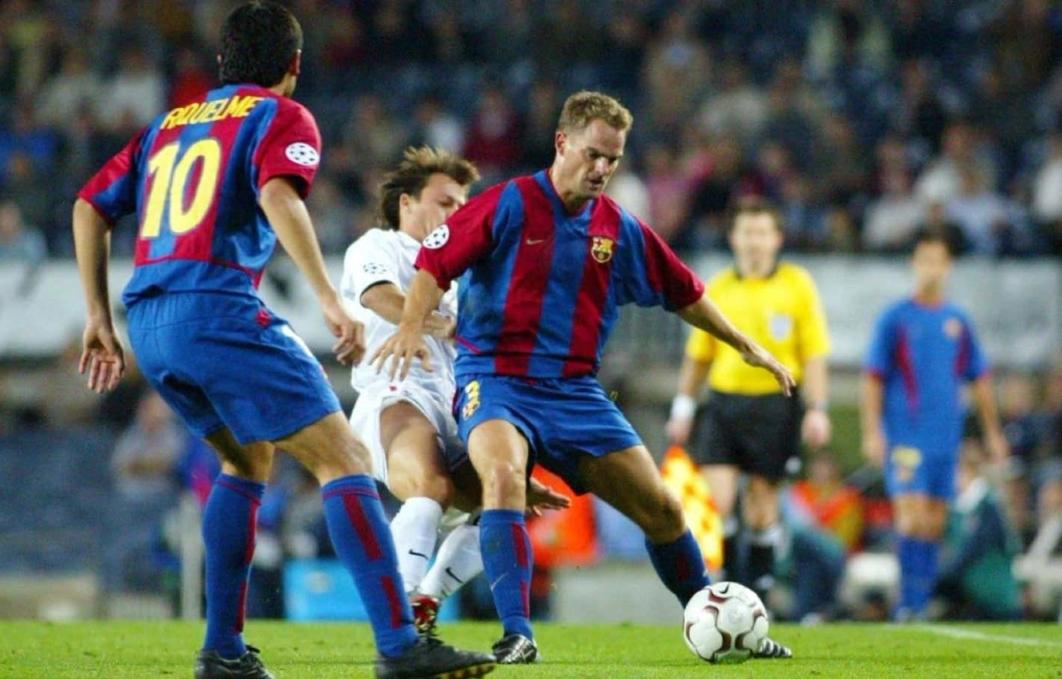
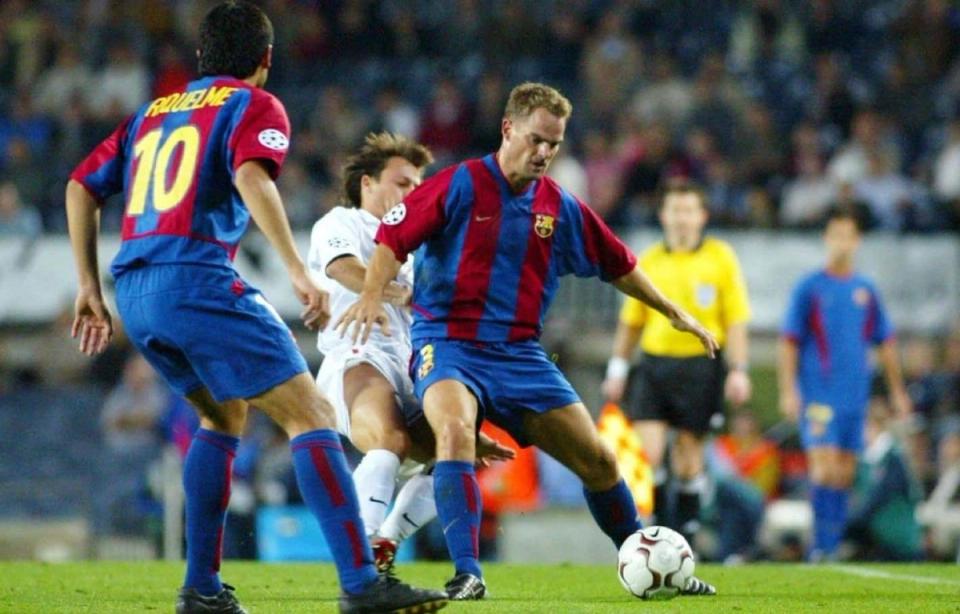
How about from your playing days – do any Cup moments stand out?
FdB: As a player, I will always remember the Cup final against our big rivals PSV in Rotterdam [1998]. We were champions since February in the league, but we were ready for our big rivals PSV Eindhoven in the KNVB Cup Final. We ended up winning big [5-0] in the home of our big rivals Feyenoord. It was the only year I won a double as a player and it stays with me to today.